Filter by
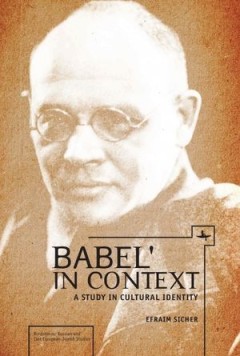
Babel' In Context A Study in Cultural Identity
Isaak Babel (1894–1940) is arguably one of the greatest modern short story writers of the early twentieth century. Yet his life and work are shrouded in the mystery of who Babel was—an Odessa Jew who wrote in Russian, who came from one of the most vibrant centers of east European Jewish culture and all his life loved Yiddish and the stories of Sholom Aleichem. This is the first book in Engl…
- Edition
- -
- ISBN/ISSN
- 9781618118530
- Collation
- -
- Series Title
- -
- Call Number
- -
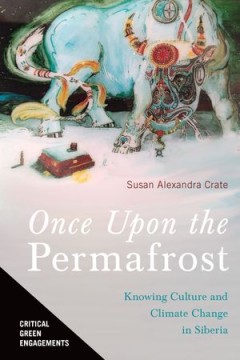
Once Upon the Permafrost: Knowing Culture and Climate Change in Siberia
Once Upon the Permafrost is a longitudinal climate ethnography about “knowing” a specific culture and the ecosystem that culture physically and spiritually depends on in the twenty-first-century context of climate change. The author, anthropologist Susan Alexandra Crate, has spent three decades working with Sakha, the Turkic-speaking horse and cattle agropastoralists of northeastern Siberia…
- Edition
- -
- ISBN/ISSN
- 9780816541546
- Collation
- -
- Series Title
- -
- Call Number
- 301 CRA o
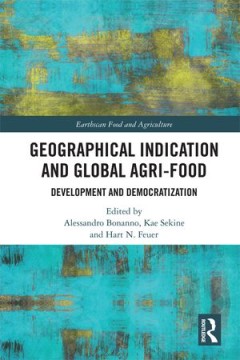
Geographical Indication and Global Agri-Food Development and Democratization
This book addresses the relevance of geographical indication (GI) as a tool for local and socio-economic development and democratization of agri-food, with case studies from Asia, Europe and the Americas. A geographical indication is a sign used on products that have a specific geographical origin and possess qualities or a reputation that are due to that origin. It provides not only a way f…
- Edition
- -
- ISBN/ISSN
- 9780429895128
- Collation
- -
- Series Title
- -
- Call Number
- -
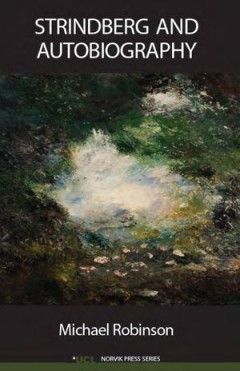
Strindberg and Autobiography
This is a book about Strindberg and about the nature of autobiographical writing. In this sensitive and discerning study, Michael Robinson has turned aside from the more traditional biographical approach to Strindberg. Instead he sets out to explore the highly idiosyncratic way in which Strindberg projected himself in language, looking at the problems which this brought in its trail, and laying…
- Edition
- -
- ISBN/ISSN
- 978-1-909188-09-9
- Collation
- -
- Series Title
- -
- Call Number
- 809.935 2 ROB s
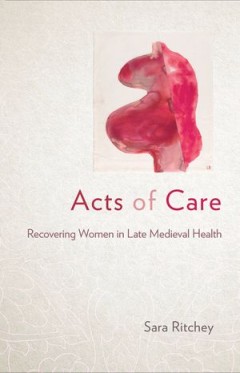
Acts of Care : Recovering Women in Late Medieval Health
In Acts of Care, Sara Ritchey recovers women's healthcare work by identifying previously overlooked tools of care: healing prayers, birthing indulgences, medical blessings, liturgical images, and penitential practices. Ritchey demonstrates that women in premodern Europe were both deeply engaged with and highly knowledgeable about health, the body, and therapeutic practices, but their critical r…
- Edition
- -
- ISBN/ISSN
- 9781501753541
- Collation
- -
- Series Title
- -
- Call Number
- -

Sharon Pollock: First Woman of Canadian Theatre
As playwright, actor, director, teacher, mentor, theatre administrator, and critic, Sharon Pollock has played an integral role in the shaping of Canada’s national theatre tradition, and she continues to produce new works and to contribute to Canadian theatre as passionately as she has done over the past fifty years. Pollock is nationally and internationally respected for her work and support …
- Edition
- -
- ISBN/ISSN
- 9781552387900
- Collation
- -
- Series Title
- -
- Call Number
- -
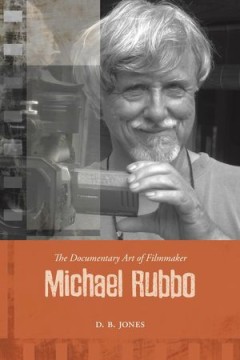
The Documentary Art of Filmmaker Michael Rubbo
Michael Rubbo’s groundbreaking work has had a deep and enduring impact on documentary filmmaking worldwide, though his name has remained relatively unknown. In The Documentary Art of Michael Rubbo, author D.B. Jones traces Rubbo’s filmmaking from his days as a film student at Stanford, through his twenty years at the National Film Board of Canada, where Rubbo developed his distinct document…
- Edition
- -
- ISBN/ISSN
- 9781552388716
- Collation
- -
- Series Title
- -
- Call Number
- 791.43 JON, d
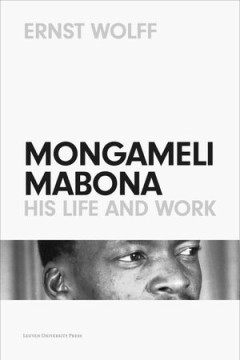
Mongameli Mabona: His Life And Work
Mongameli Anthony Mabona (1929) is a singular South African scholar with an exceptional life path. Yet, he is a wrongly forgotten figure today. British imperialism and apartheid shaped the world into which he was born and, to a large extent, these powers carved out his destiny for him. Nevertheless, a curious set of coincidences enabled him to obtain a tertiary education as a priest, to pursue …
- Edition
- -
- ISBN/ISSN
- 9789461663610
- Collation
- -
- Series Title
- -
- Call Number
- -

Once Upon the Permafrost
Once Upon the Permafrost is a longitudinal climate ethnography about “knowing” a specific culture and the ecosystem that culture physically and spiritually depends on in the twenty-first-century context of climate change. The author, anthropologist Susan Alexandra Crate, has spent three decades working with Sakha, the Turkic-speaking horse and cattle agropastoralists of northeastern Siberia…
- Edition
- -
- ISBN/ISSN
- 9780816541546
- Collation
- -
- Series Title
- -
- Call Number
- -
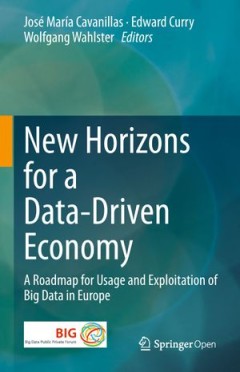
Lives of the Novelists
Providing a nonpartisan and biographical view of famous authors of his time, Scott published Lives of the Novelists in 1821. The book included names like Henry Fielding, Tobias Smollett, Oliver Goldsmith and more.
- Edition
- -
- ISBN/ISSN
- -
- Collation
- -
- Series Title
- -
- Call Number
- -
 Computer Science, Information & General Works
Computer Science, Information & General Works  Philosophy & Psychology
Philosophy & Psychology  Religion
Religion  Social Sciences
Social Sciences  Language
Language  Pure Science
Pure Science  Applied Sciences
Applied Sciences  Art & Recreation
Art & Recreation  Literature
Literature  History & Geography
History & Geography